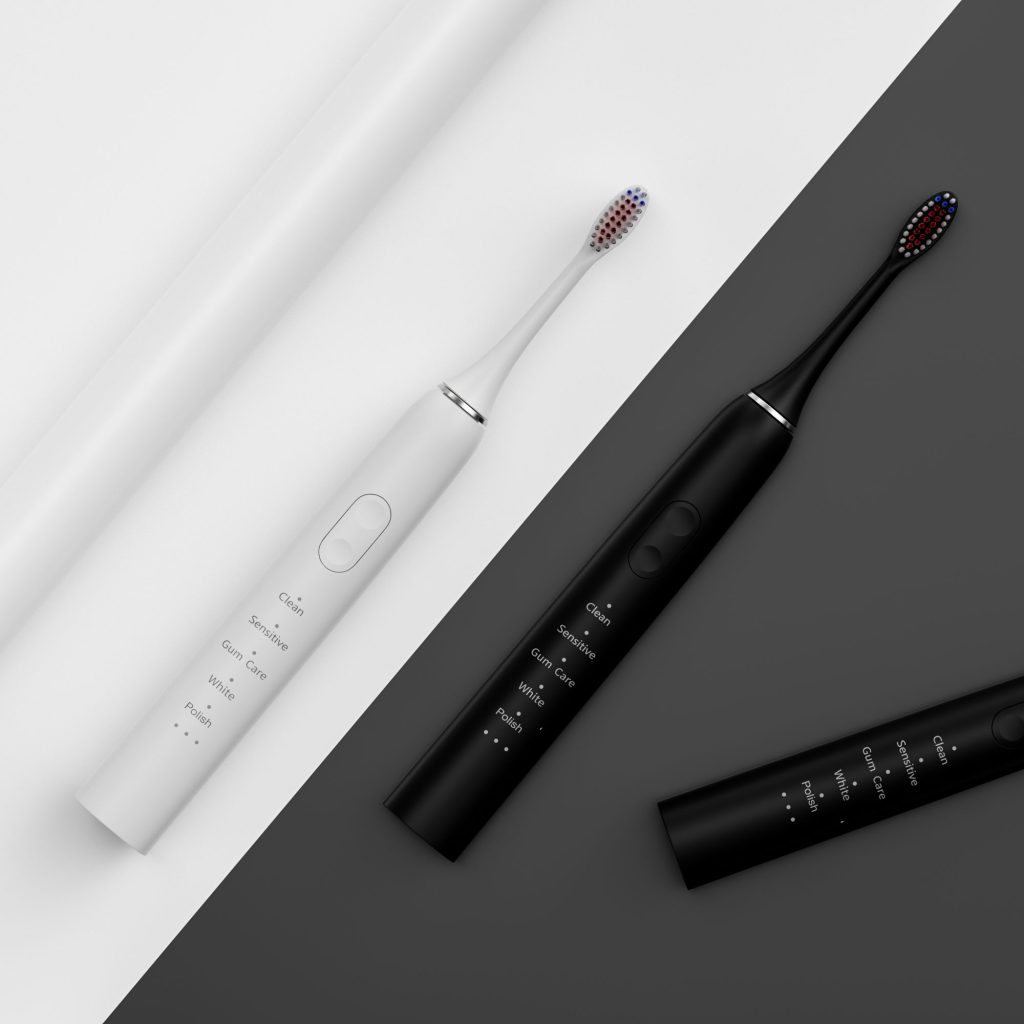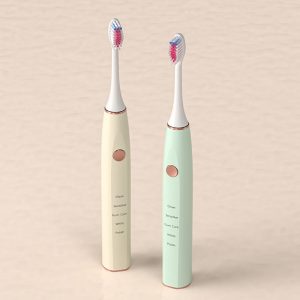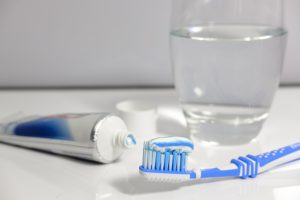Electric toothbrushes are becoming more and more widely used, and the appropriate battery type is crucial to their performance and service life. Do you know what battery type your toothbrush has? In this article, we’ll take a look at the types of electric toothbrush batteries currently available and explore their differences, pros and cons.
Non-rechargeable battery:
Non-rechargeable batteries are typically one of the most common battery types of the past, such as alkaline batteries (such as alkaline zinc-manganese batteries). They ‘re low cost, easy to obtain and replace. However, compared to rechargeable batteries, they have a relatively short lifespan , which may increase the cost of use.
Rechargeable Nickel Cadmium Batteries (Ni-Cd):
Nickel-cadmium batteries are a traditional rechargeable battery type with high discharge rates and cycle life. However, they suffer from memory effects and heavy metal contamination issues. They are gradually being replaced by more environmentally friendly alternatives.
Nickel Metal Hydride Batteries (NiMH):
Nickel-metal hydride batteries are environmentally friendly rechargeable batteries that have higher energy density and less memory effect than nickel-cadmium batteries. It’s increasingly becoming one of the common battery types used in electric toothbrushes, offering longer life and better performance.
Lithium-ion battery (Li-ion):
One of the most advanced battery types currently is Lithium-ion batteries, with the advantages of high energy density, lightweight and no memory effect. Compared with traditional nickel-cadmium batteries and nickel-metal hydride batteries, it has longer cycle life and more stable performance, but the cost may be higher.
All of powsmart’s toothbrushes are equipped with lithium battery, which can last for at least 90 days.
Lithium polymer battery (LiPo):
Lithium polymer batteries are a variant of lithium-ion batteries that are thinner and lighter. They are suitable for some electric toothbrush that require higher volume and weight. However, lithium polymer batteries may have slightly lower energy density compared to lithium-ion batteries.
To sum up, different types of batteries have their own advantages and disadvantages in electric toothbrushes. When choosing, you need to weigh various factors based on your personal needs and preferences to ensure you choose the most suitable battery type to enhance the experience and performance of your electric toothbrush.





